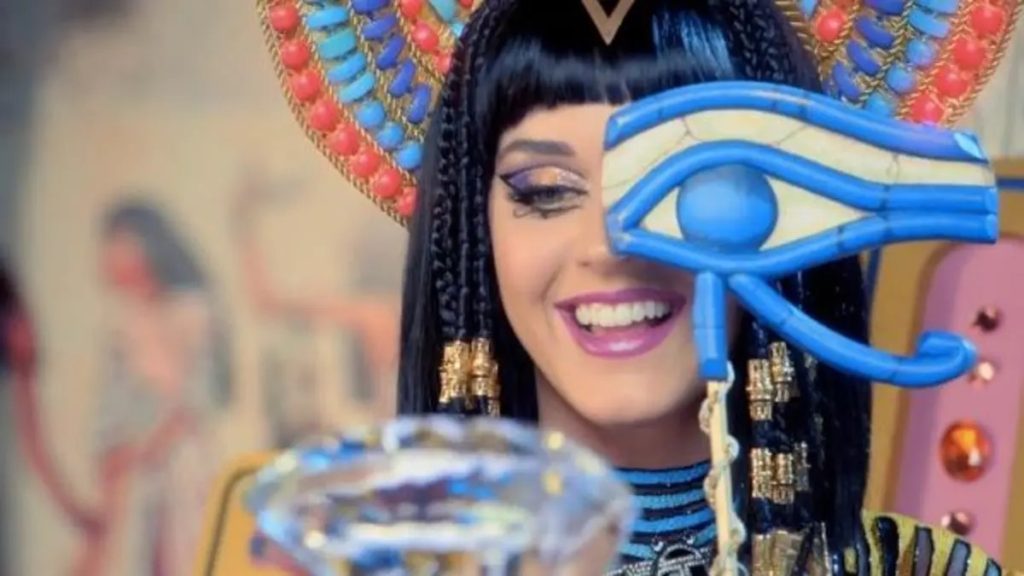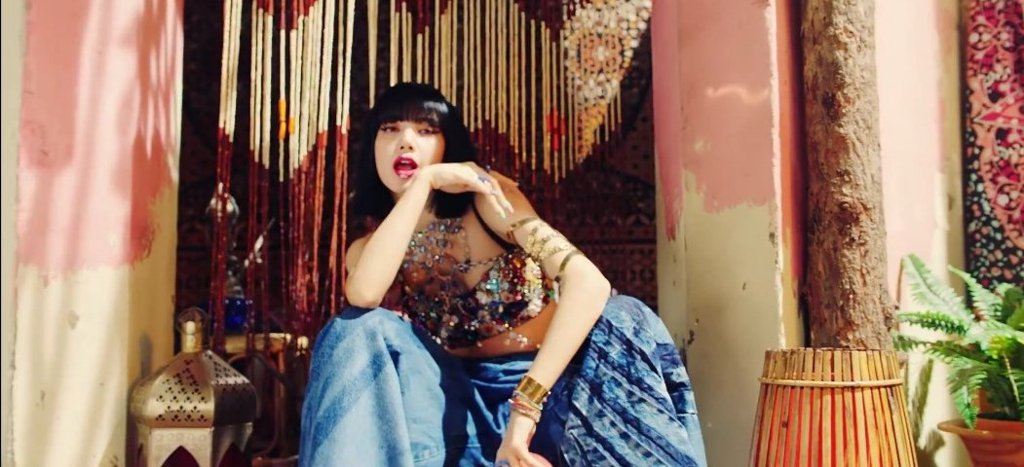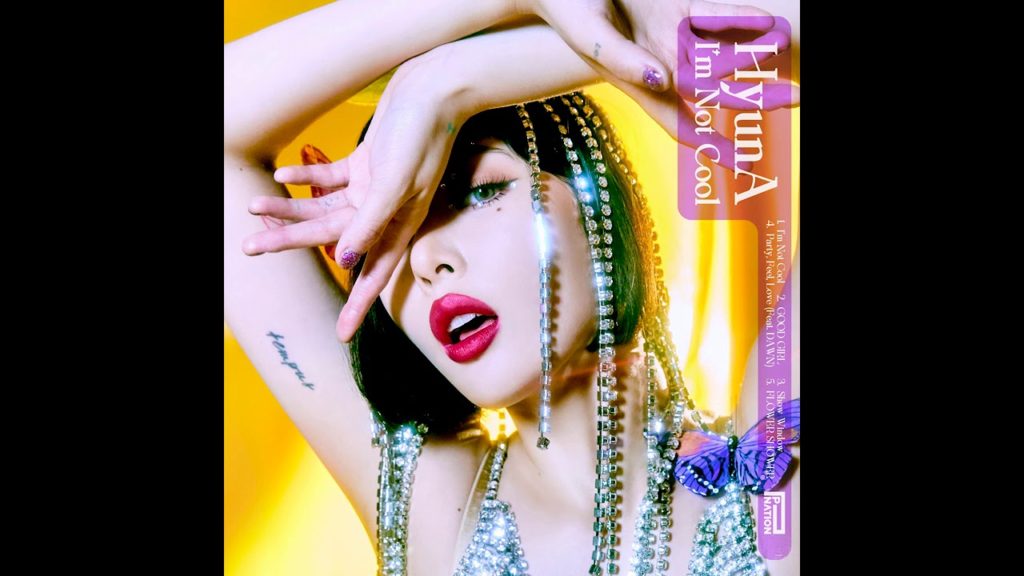Entertainment has become one major aspect of our lives, especially music. One can go as far as saying that, on its own, this specific form of art is a notable motive for most people to go on about their day-to-day lives, at least that’s how I feel about it.
What do you do when you just wake up and don’t want to do something first thing in the morning? You play music! At the gym trying to get hyped and get these gains? You play music! Setting the mood with your special someone? You play music!
On a surface level, music in itself is an exhilarating form of art, but just a small leap into the deep end of the bottomless ocean that is the music industry, and you will find a mix of wrongdoings deeply rooted in the so-called artistic liberty.
Music is indeed a free form of art; however, mainstream appropriation of other people’s cultures in art has always been a problem. In recent years, more people than ever are calling it out. Just like any other art form, crimes have been committed in the name of artistic liberty. So, what is the problem? Let’s dive in.
A brief history of Egyptian cultural appropriation in the music industry

One doesn’t have to look way back to find too many examples for appropriating Egyptian culture in music, specifically in American mainstream music. Some are pretty obvious and in your face, (*coughing* Dark Horse by Katy Perry,) while other forms of appropriating our culture are more subtle and under the sheets. The point in question is the chord progression.
Let’s time travel to the early 2000s, Y2K and all similar genres; music in all its glory is making a comeback anyway, so bear with us. A few really big hits from the Y2K era were hugely influenced and crafted on the pillar of Egyptian chord progression. Candy shop by 50 Cent, Outrageous by Britney Spears, Buttons by The Pussycat Dolls, Naughty Girl by Beyonce, etc. The list just goes on and on.
All are 2000s mega-hits, and all are based in the chorus or throughout the whole song on Egyptian chord progressions, and not even out of necessity or appreciation. It was just the trend back then between producers. Just to sound more “exotic” and “mysterious”.
And let’s not even start on the atrocious plagiarism that is done under the pretext of “sampling” in songs like Good Pimping by Jay-z and Take it off by Kesha.
Let’s do K …. As in K-pop

K-Pop as a genre is fairly new to the scene, only dating back to the late 50s. And while the genre had its ups and downs through the decades, it holds a huge significance and importance in Korean culture.
Over the years, and through the different generations of K-Pop idols, from the first generation of idols in the 90s to the third generation in our present day, the genre had a lot of influences from very different types of places, more importantly, and heavily reliant on Egyptian culture. Where is the evidence? Glad you asked.
The big K-Popping reveal

It’s a long list so buckle up! Let’s start with the biggest, most successful K-Pop girl group ever, BLACKPINK.
As certified divas, they don’t do wrong in my eyes, but as an Egyptian and music buff, I can’t help but notice the painfully obvious appropriation of my culture.
Let’s start with the lightweight stuff. In their fairly recent hit “How You Like That”, the rapper/ dancer of the group Lisa has showcased obvious Egyptian influence, both musically in the background instruments and visually, set, make-up and outfit-wise.
In other BLACKPINK songs like Boombayah, Forever Young, and Crazy Over You the heavy use of Egyptian chord progression is prevalent. All thanks to their main dish producer Teddy from YG Entertainment.
Other K-pop acts whether groups or solo artists stay in the same lane of using Egyptian music in their biggest hits like Dun Dun by Everglow, I’m Not Cool by HyunA and Dessert by Hyoyeon
It’s almost as if there is no possibility for a K-pop song to be a hit without the use of Egyptian chord progression.
Whether you think this is artistic liberty or platant appropriation, we need to have this conversation.



